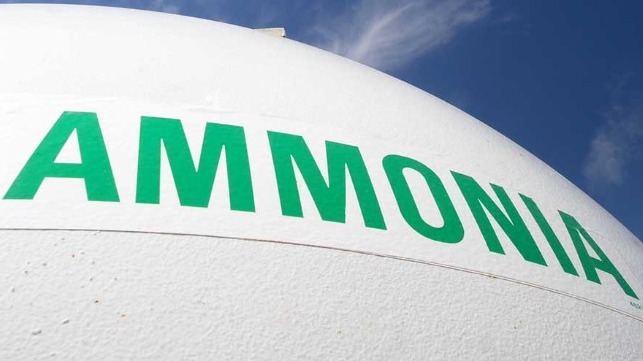NGOs Want More Data on Emissions From "Green" Engines

A coalition of environmental groups has called on marine engine manufacturers to disclose the full extent of emissions from LNG and ammonia-powered vessels.
Driven by market sentiment and by regulation, shipowners are looking for options to replace conventionally-powered ships with greener ones. LNG dual-fuel propulsion is one of the leading options, and the one with the largest extant fleet. LNG’s popularity is rising, accounting for 25 percent of the orderbook for containerships and 44 percent for cruise ships, according to Clarksons.
However, the environmental groups claim in the letter that the full impact of LNG-powered vessels is hard to assess, as engine manufacturers do not fully disclose methane slip.
“Shipping companies are buying LNG-powered vessels as a way to clean up their fleets. But no one actually knows the true climate impact of LNG, as the quantity of methane that leaks from engines remain unknown. Engine manufacturers must commit to greater transparency,” said Constance Dijkstra, LNG campaigner at the Brussels-based Transport& Environment. Other groups undersigned in the letter include Ocean Conservancy, Environmental Defense Fund and the Royal Belgium Institute of Natural Sciences, among others.
Methane is a highly potent greenhouse gas, which - if released in appreciable quantity – can undo the claimed CO2 savings associated with LNG. To help determine the extent of the problem, the coalition has asked marine engine manufacturers to publicly release granular data on methane emissions from LNG-powered engines, as different engine designs (four-stroke vs. two-stroke, high-pressure injection vs. low-pressure, etc.) have different methane slip profiles.
The groups also raised similar questions about ammonia-powered engines, which are just beginning to emerge from development and testing. The first commercially available ammonia-fueled engine debuted last year, and as of yet there are few installed examples from which to gather operational data. Still, the NGOs would like to have more information on these engines’ nitrous oxide (N2O) and ammonia (NH3) emissions, since both are pollutants and nitrous oxide is a potent greenhouse gas.
No comments:
Post a Comment